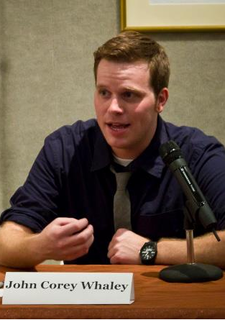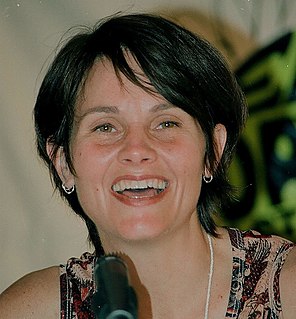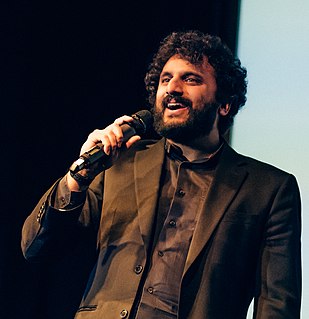A Quote by Junot Diaz
I always think about myself as a writer; that comes out of being a reader first, and I don't think I kind of got to really playing with language in any formal way probably until I was in my mid-twenties.
Related Quotes
I think that a lot of teenagers think they got it all down-pat. Especially when they first move out and they're on their own for the first time. Oh this is easy, this is breezy. Then all of a sudden it hits you in your mid-twenties that maybe you don't know how to do your taxes still. There's all kinds of things and you start calling your parents up again.
I think the trick of being a writer is to basically put your cards out there all the time and be willing to be as in the dark about what happens next as your reader would be at that time. And then you can really surprise yourself. There's that cliche, "No surprise for the writer, no surprise for the reader!"
I think of myself primarily as a reader, then also a writer, but that's more or less irrelevant. I think I'm a good reader, I'm a good reader in many languages, especially in English, since poetry came to me through the English language, initially through my father's love of Swinburn, of Tennyson, and also of Keats, Shelley and so on - not through my native tongue, not through Spanish. It came to me as a kind of spell. I didn't understand it, but I felt it.
I was a cover artist for years. I didn't start writing songs until I was in my mid-twenties. I wrote them with John Leventhal, and they were pretty bad. I was in my late twenties when I wrote the first song with him that made any sense to me about what I was rooted in and what spoke for me as an artist. That was 'Diamond in the Rough.'
I always wanted to be a scientist. I don't really have any writer friends. The process of being a writer is much more interior than being a scientist, because science is so reactionary. I think that all research scientists think of themselves as belonging to a grand tradition, building on work that has been worked on since the very beginning of science itself. Whereas I'm not sure writers think of themselves in the same way.






































